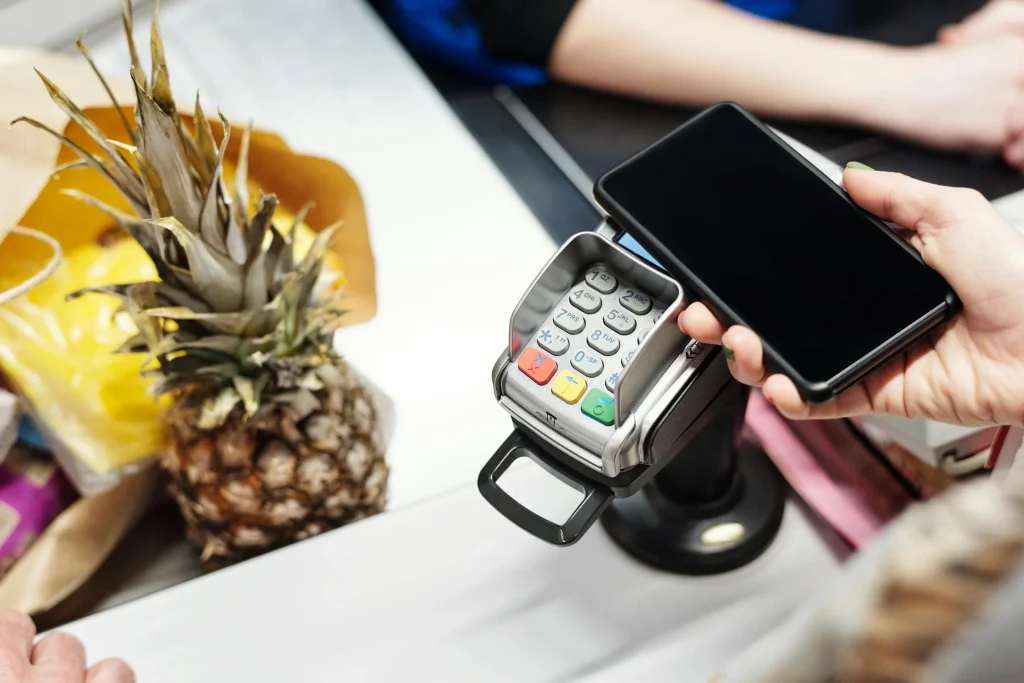Empowering women has always been a key driver of sustainable development, and in Pakistan, small businesses are playing a pivotal role in transforming the lives of women. With increasing access to technology, education, and support systems, women in Pakistan are breaking barriers and making significant strides in entrepreneurship. This article explores how small businesses are empowering women in Pakistan, highlighting opportunities, challenges, and inspiring success stories.
The Role of Women in Pakistan’s Economy
Economic Contribution of Women
Women constitute nearly half of Pakistan’s population, yet their participation in the formal economy remains low. According to reports, increasing women’s participation in small businesses could boost Pakistan’s GDP significantly.
Challenges Faced by Women in the Workforce
Cultural barriers, lack of access to education, and limited mobility are some of the challenges that hinder women’s economic participation. Small businesses provide a viable solution to overcome these obstacles, allowing women to work within their communities or even from home.
Why Small Businesses Are a Game Changer for Women
Flexibility and Independence
Small businesses offer women the flexibility to manage their work-life balance effectively. They provide independence and control over decision-making, allowing women to work at their own pace.
Low Capital Requirement
Most small businesses, such as homemade food ventures, clothing boutiques, and digital freelancing, require minimal initial investment. This accessibility makes it easier for women to start their entrepreneurial journeys.
Types of Small Businesses Women Are Pursuing in Pakistan
1. Handmade Crafts and Artisanal Products
Women are tapping into their creativity by producing handmade jewelry, embroidery, and traditional crafts. Platforms like Etsy and Instagram have given these ventures a global audience.
2. Home-Based Catering Services
Homemade food businesses are flourishing in urban areas where demand for hygienic, home-cooked meals is high. Women chefs are leveraging platforms like Foodpanda and Facebook to reach customers.
3. Digital Freelancing
The rise of platforms like Fiverr and Upwork has enabled women to work as graphic designers, content writers, and virtual assistants, earning a stable income from the comfort of their homes.
4. Online Boutiques
Selling clothing, accessories, and beauty products through online stores and social media has become a popular choice for women entrepreneurs.
Success Stories: Women Making a Difference
1. Sheops – An Online Marketplace for Women
Sheops, founded by Sahr Said, is Pakistan’s first women-only online marketplace, empowering women to sell products without societal restrictions.
2. The Home Chef Movement
Women like Fatima, a homemaker turned entrepreneur, have established successful catering businesses, earning respect and financial stability.
Challenges Women Face in Small Businesses
1. Lack of Funding
Access to loans and financial support is a significant hurdle. Many women lack the collateral or credit history required to secure business loans.
2. Social and Cultural Barriers
Despite progress, societal norms often restrict women’s mobility and decision-making power, making it challenging to scale their businesses.
3. Limited Networking Opportunities
Networking plays a crucial role in business growth. Women often have limited access to professional networks, which hinders their ability to expand.
Support Systems for Women Entrepreneurs
1. Government Initiatives
Programs like the Ehsaas Entrepreneurship Program and the Women Entrepreneurial Development Program are designed to support women-led businesses.
2. Microfinance Institutions
Organizations such as Kashf Foundation and First Women Bank offer small loans and training programs to aspiring women entrepreneurs.
3. Online Learning Platforms
Websites like Coursera, Digiskills, and YouTube are empowering women with the knowledge and skills needed to start and grow their businesses.
The Role of Technology in Empowering Women Entrepreneurs
Digital Marketing

Social media platforms like Facebook, Instagram, and TikTok have become powerful tools for women to market their products and services.
E-Commerce Platforms

E-commerce websites such as Daraz and Shopify provide women with easy access to customers across the country and beyond.
Online Payment Solutions

Payment gateways like Easypaisa and JazzCash are simplifying transactions, enabling women to conduct business more efficiently.
The Future of Women in Small Businesses
Growth Potential
The growing awareness of women’s empowerment and the increasing availability of resources indicate a bright future for women in small businesses.
Building a Supportive Ecosystem
Collaboration between government, private sector, and NGOs is essential to create an environment where women entrepreneurs can thrive.
Conclusion
Empowering women through small businesses is not just about improving individual lives; it’s about driving social and economic progress. Women in Pakistan are proving that with determination, creativity, and support, they can overcome challenges and make a lasting impact. By continuing to invest in women-led small businesses, Pakistan can unlock immense potential for growth and prosperity.
FAQs
1. What are the best small business ideas for women in Pakistan?
Some of the best ideas include handmade crafts, home-based catering, digital freelancing, and online boutiques.
2. How can women get funding for their small businesses in Pakistan?
Women can explore microfinance institutions like Kashf Foundation and First Women Bank, as well as government programs like Ehsaas.
3. Are there any online platforms to help women sell products in Pakistan?
Yes, platforms like Daraz, Sheops, and social media sites like Facebook and Instagram are excellent for selling products.
4. What skills are essential for women entrepreneurs?
Skills like digital marketing, financial management, and communication are crucial for running a successful business.
5. How can technology help women in small businesses?
Technology enables women to market their products, reach customers globally, and manage operations efficiently through e-commerce platforms and online tools.


